The AMD Ryzen 9 3950X Review: 16 Cores on 7nm with PCIe 4.0
by Dr. Ian Cutress on November 14, 2019 9:00 AM ESTTest Bed and Setup
As per our processor testing policy, we take a premium category motherboard suitable for the socket, and equip the system with a suitable amount of memory running at the manufacturer's maximum supported frequency. This is also typically run at JEDEC subtimings where possible. It is noted that some users are not keen on this policy, stating that sometimes the maximum supported frequency is quite low, or faster memory is available at a similar price, or that the JEDEC speeds can be prohibitive for performance. While these comments make sense, ultimately very few users apply memory profiles (either XMP or other) as they require interaction with the BIOS, and most users will fall back on JEDEC supported speeds - this includes home users as well as industry who might want to shave off a cent or two from the cost or stay within the margins set by the manufacturer. Where possible, we will extend out testing to include faster memory modules either at the same time as the review or a later date.
| Test Setup | |
| AMD Ryzen 3000 | AMD Ryzen 9 3950X AMD Ryzen 9 3900X |
| Motherboard | ASRock X570 Taichi 2.50 (AGESA 1004B) |
| CPU Cooler | Kraken X62 |
| DRAM | Corsair Vengeance RGB 4x8 GB DDR4-3200 |
| GPU | Sapphire RX 460 2GB (CPU Tests) MSI GTX 1080 Gaming 8G (Gaming Tests) |
| PSU | Corsair AX860i |
| SSD | Crucial MX500 2TB |
| OS | Windows 10 1909 |
We must thank the following companies for kindly providing hardware for our multiple test beds. Some of this hardware is not in this test bed specifically, but is used in other testing.


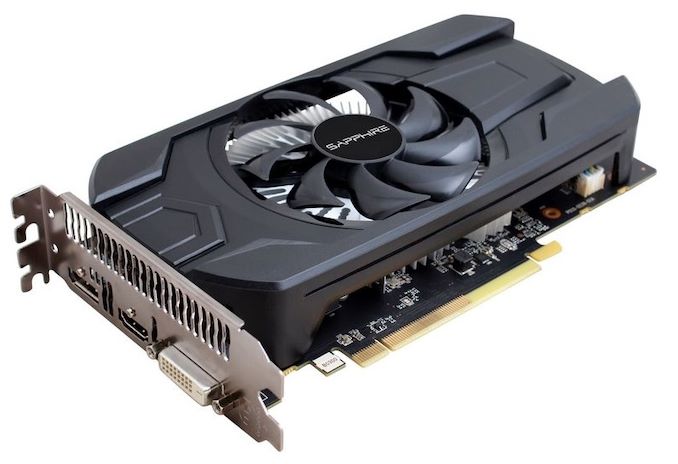
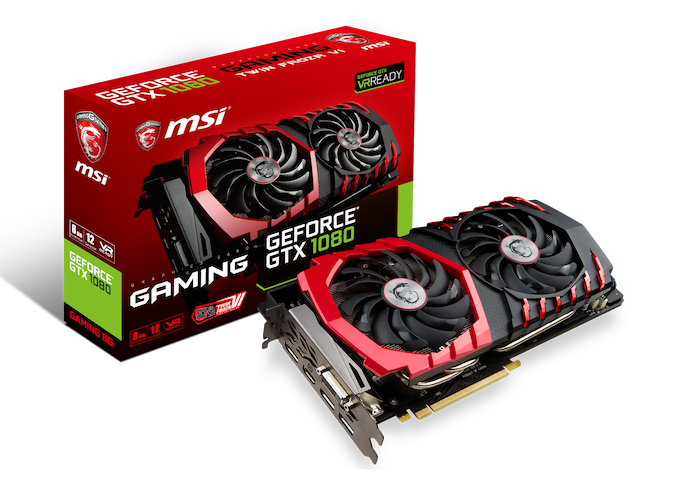
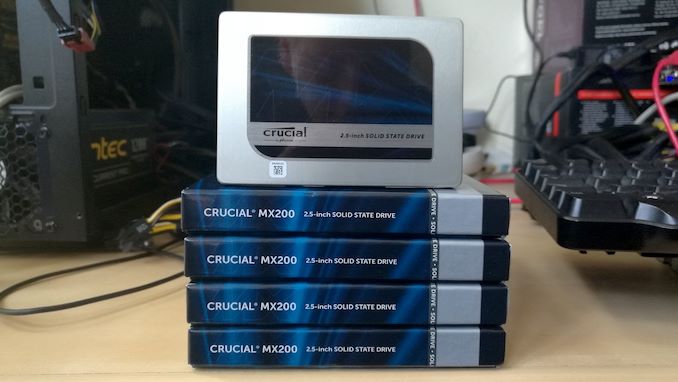
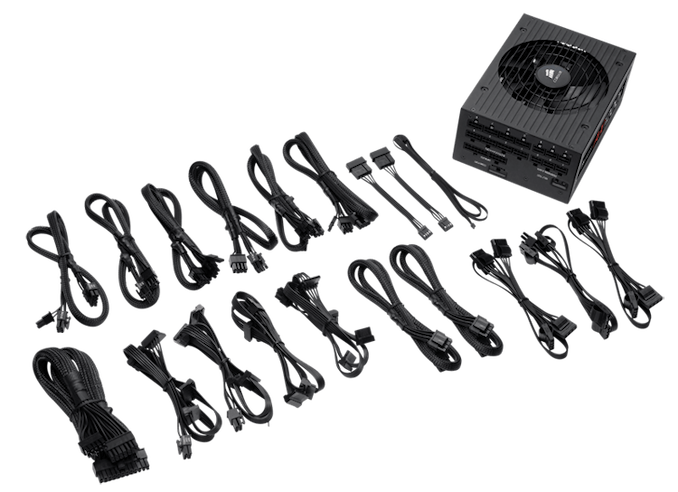
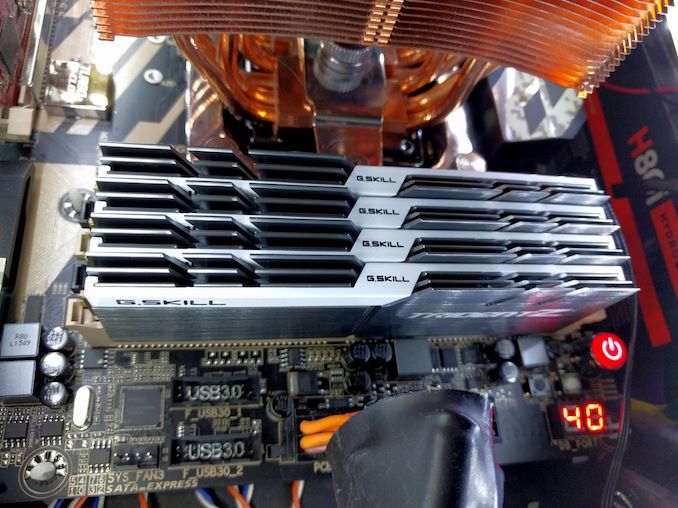
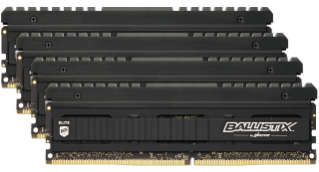
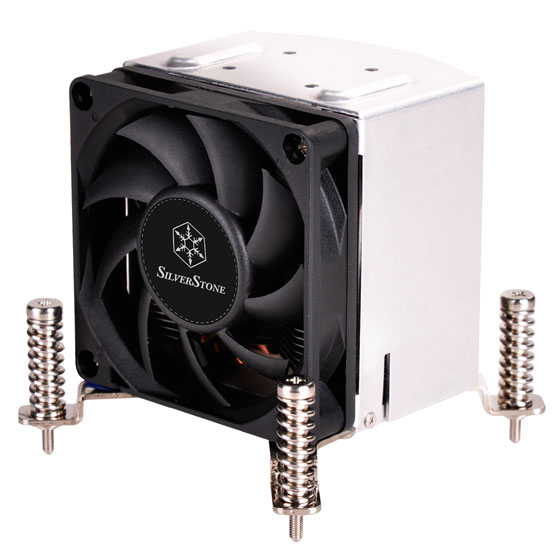
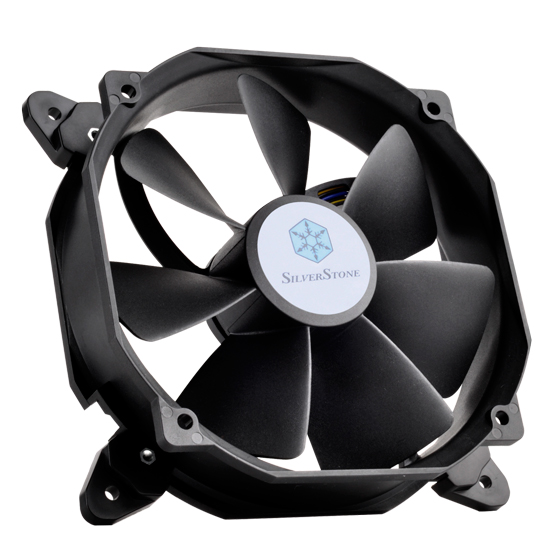








206 Comments
View All Comments
zmatt - Thursday, November 14, 2019 - link
Maybe they should stop using such an old and buggy game as a bench mark then since its trivial to hit more than acceptable frames with modern hardware.imaheadcase - Thursday, November 14, 2019 - link
Um they are using 1080p, its not GPU bound be any stretch of the imagination on the games they tested. lolSpunjji - Thursday, November 14, 2019 - link
Boost frequency isn't guaranteed, so it's not false advertising any more than Intel's TDP.If the games you're playing are a few years old and your GPU is sufficient to make the CPU the limit, you'll likely see no real-world benefit from anything above the Ryzen 3600X / Core i5 9600. Discussion of high-end CPUs rapidly becomes moot, even for that niche-within-a-niche.
shaolin81 - Thursday, November 14, 2019 - link
Problem isn't the chip, but the fact they tested it with High Performance profile, which nearly never parks idle cores and therefore there's nearly no change to hit max Turbo on single core. If they try Balanced profile, the would reach 4.7 or 4.75 more easily.I'm wondering how Anandtech doesn't know this.
GlossGhost - Tuesday, November 19, 2019 - link
Quite a lot of people don't know this. Maybe we, who know, are stupid instead?Targon - Thursday, November 14, 2019 - link
One thing to consider is motherboard and the VRMs on the motherboard, power supply, and even RAM. There was an issue causing slightly lower CPU performance prior to AGESA 1.0.0.3ABBA, and 1.0.0.4 is supposed to help a bit as well.You also don't take into account that the IPC of the new Ryzen chips is actually a bit better than what you see with the i9-9900k and ks. It may not be enough to offset the clock speed difference, but it does come into play.
Now, the other thing that will come into play is the security problems that keep showing up. Security mitigations are put into place, and Intel chips get another slowdown. In another year or two, Ryzen third generation vs. the 9900ks might actually be completely even with zero advantage to Intel. You may not be worried about security, but if an OS update puts in the security patches, your performance WILL drop.
We only have another 7 months until the next generation Ryzen chips come out with another 8 percent IPC improvements, will Intel still be on 14nm with a 10900k being the high end from Intel without any IPC improvements?
zmatt - Thursday, November 14, 2019 - link
What's the highest refresh rate you can get on gaming monitors today? 144hz right? When both Intel and AMD's best are exceeding 144fps in these benchmarks is there a real world difference between the two? I don't think so. You can only be as fast as your refresh rate ultimately.brantron - Thursday, November 14, 2019 - link
There are 240 Hz monitors with FreeSync and/or G-Sync, so you could (hopefully) run games somewhere between there and 144 Hz without stuttering.I've only seen comparisons to 60 Hz, though, and that's really going to depend on the game.
Winnetou - Thursday, November 14, 2019 - link
The highest refresh rate is 300hz now, thuogh it's only one monitor now. There are multiple 240hz ones though.Even so, your point is actually worthless here. Having a really high framerate does help with responsiveness and input lag. That's why top CS players still play at 720p low, on 600 FPS. For casuals like us it may be worthless, but for them it isn't. And maybe even for us it won't be, just too small of a difference to be quatifiable.
RSAUser - Friday, November 15, 2019 - link
The frame rate that high is to avoid lows.